TeachingBase
NetLogo Models
The themes of evolution and sustainability are associated with several learning difficulties, because they are the result of complex interrelationships between organisms and their environments, and evolutionary processes usually take place over larger dimensions of space and time. These processes are far removed from our everyday experience, in which we experience more short-term and direct interactions, and in which we perceive individuals rather than changing populations.
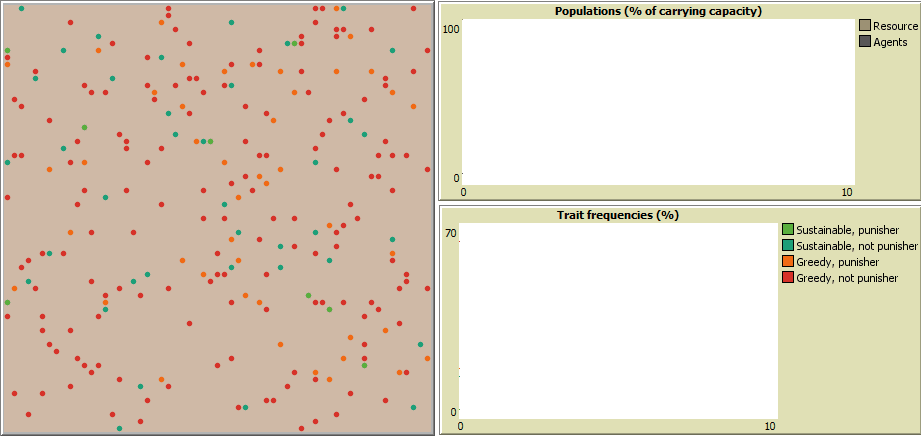
Computer simulations or dynamic models can help to overcome these learning difficulties – similar to telescopes and microscopes, they allow us to see things that are not visible to the “naked eye”. Computer simulations can model processes over larger scales of time and space and are therefore particularly suitable for observing, investigating and understanding ecological relationships, population patterns, and evolutionary processes.
We develop computer simulations around evolution and sustainability with the free modelling software NetLogo.
The presentation on the right gives an introduction to NetLogo and agent-based modelling.
Below you can access resources on the OpenEvo learning hub relating to our NetLogo models.
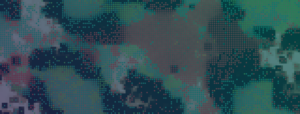
Self-study module: Computer simulations on evolution and sustainability
A self-study module on the OpenEvo learning hub on teaching about the evolution of sustainable resource with NetLogo computer simulations
Featured Models

NetLogo: Two Foresters
An interactive introduction into concepts of ecology, behavioral ecology, and sustainability with a computer simulation of a simple social-ecological system.
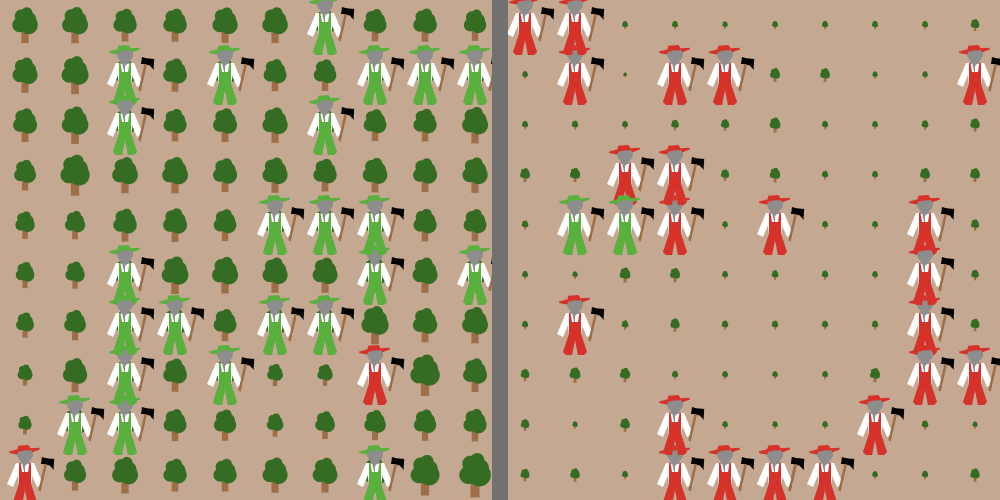
NetLogo: Two communities
This NetLogo computer model extends the model Two Foresters and introduces a bigger and more complex population structure
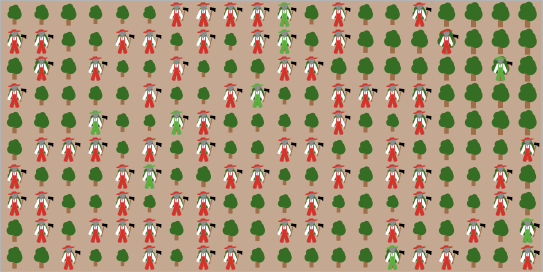
NetLogo: Evolution and competition for forest resources
This NetLogo model builds on the model of Two Foresters. In this model, agents reproduce based on the amount of resources that they harvest.
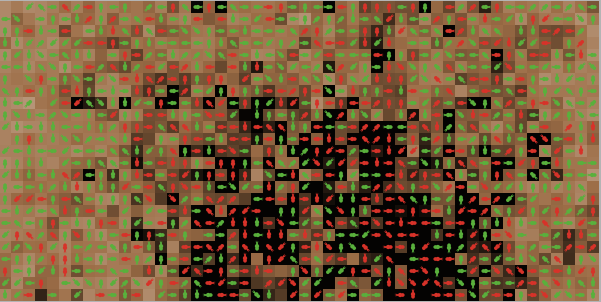
NetLogo Model: Evolution and competition for resources (abstract)
This NetLogo model lets students explore how competition for resources can affect the evolution of a population and can result in resource overuse. This model is similar to the Evolution and competition for forest resources model, but more abstract.
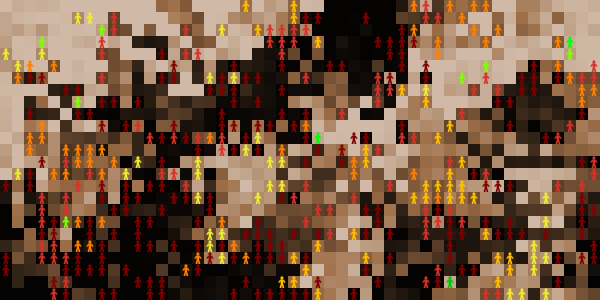
NetLogo: Evolution of resource use with harvest efficiency
This model introduces the concept of resource use efficiency into the evolution of resource use behavior.
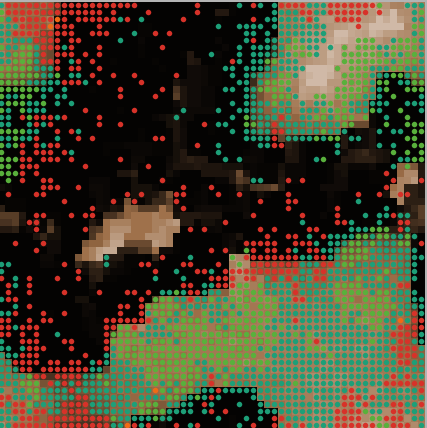
NetLogo: Evolution of resource use and social behavior (monitoring and punishment)
This model lets us explore how the appearance of certain social behaviors can affect evolutionary population dynamics.
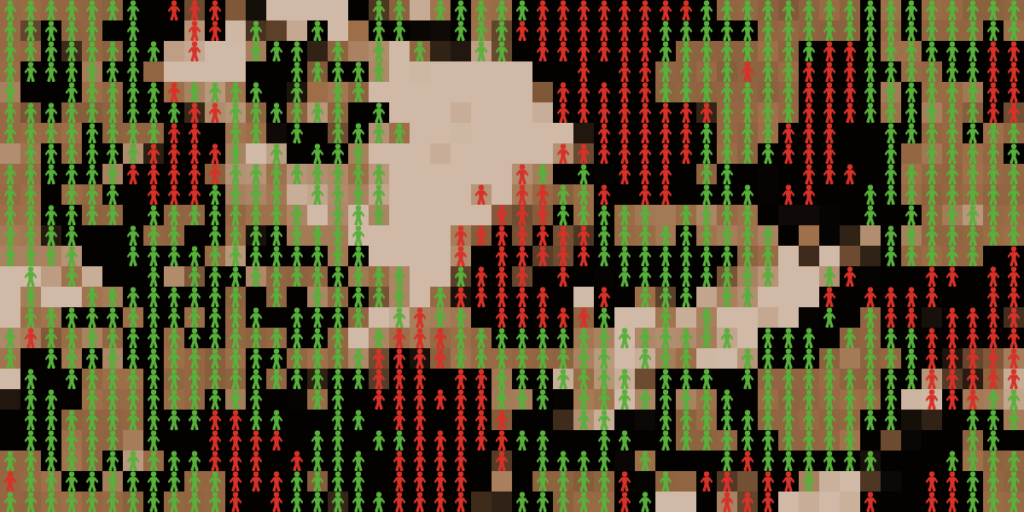
NetLogo: Evolution of resource use through behavior imitation
This model adds cultural evolutionary dynamics through behavior imitation to the evolution of resource use behavior.
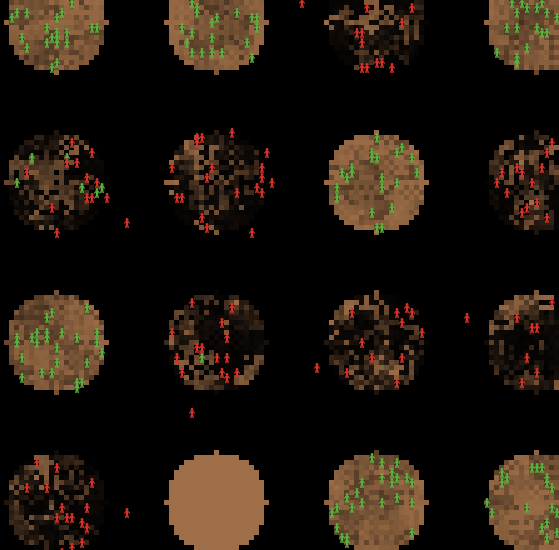
NetLogo: Island World
This model simulates the evolution of populations in an environment that is spatially structured. In such a situation, several evolutionary mechanisms operate, including migration, founder effect, multilevel selection.
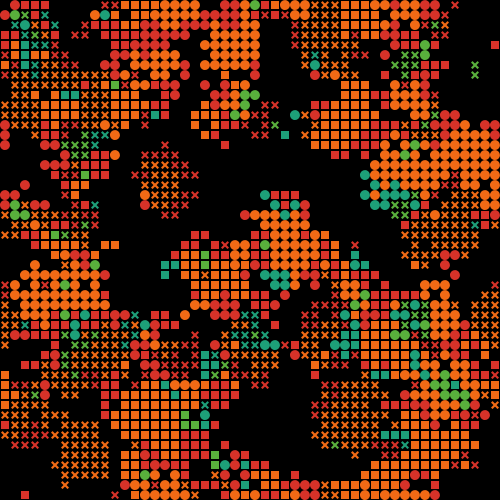
NetLogo: Evolution of ethnocentrism
This model simulates the biological evolution of ethnocentrism in a population made up of multiple ethnicities.

